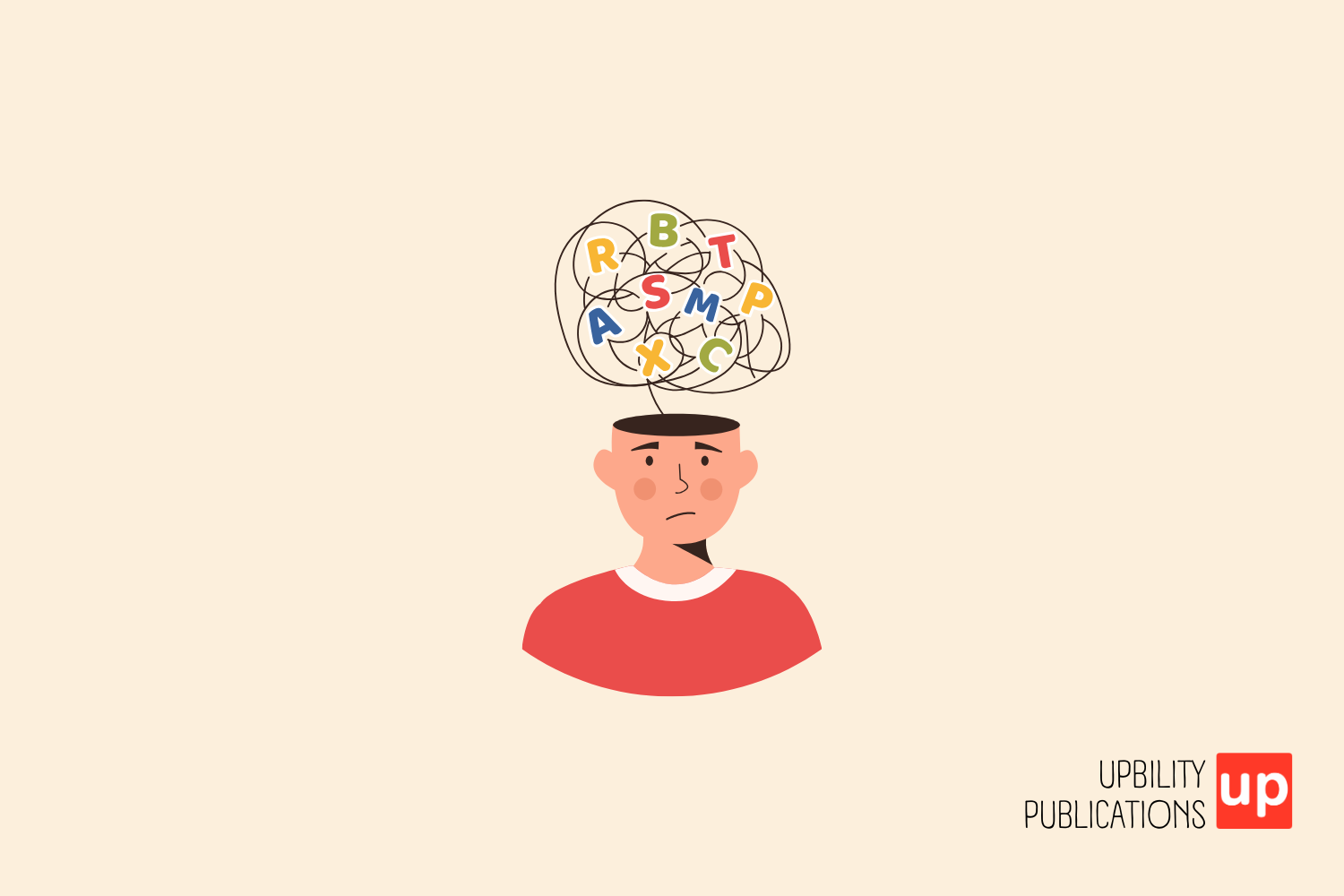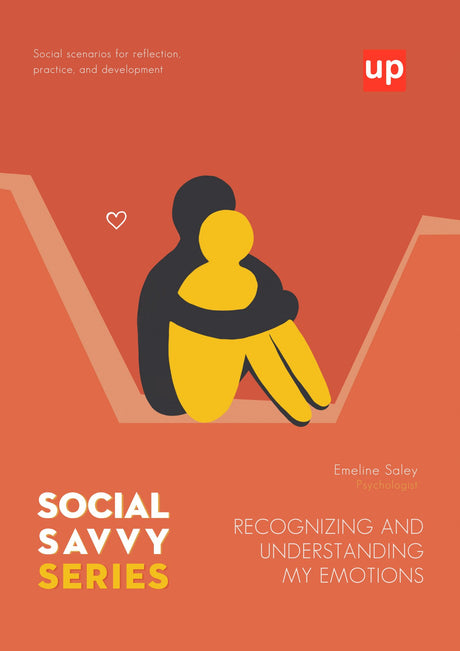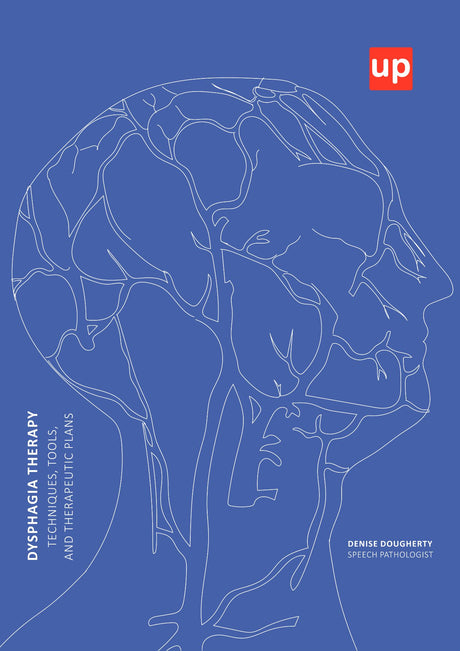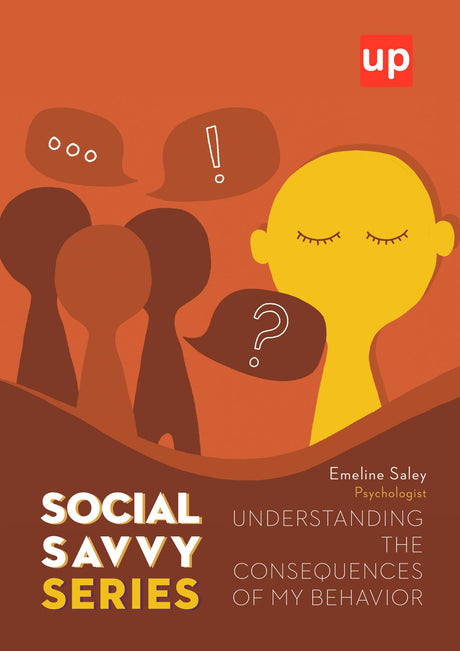Suspect you might have a Dyslexia Symptoms as an adult? Understanding the signs and the diagnostic process is essential. This article covers the key symptoms, steps for assessment, and options for professional evaluation for adults seeking a dyslexia diagnosis.
Key Takeaways
- Dyslexia symptoms in adults include slow reading and writing, spelling difficulties, and problems with language processing, which can vary greatly among individuals.
- Obtaining a dyslexia diagnosis is crucial for adults as it can lead to improved self-awareness, targeted support strategies, and enhanced overall quality of life.
- Seeking a formal evaluation from qualified specialists is essential for accurate diagnosis and assistance, while understanding costs and insurance options can help manage financial barriers to testing.
Recognizing Dyslexia Symptoms in Adults

Dyslexia in adults can sometimes feel like an invisible barrier, affecting various aspects of daily life. One of the most apparent signs of dyslexia is reading slowly or writing at a slower pace than peers. You might find yourself needing to reread a text multiple times to grasp its meaning fully, which can be both time-consuming and frustrating.
Spelling difficulties and challenges with language processing are other common learning disability dyslexia symptoms. You might confuse similar-looking words, such as ‘cat’ and ‘cot’, and struggle with tasks that require precision in language. These issues can extend beyond reading and writing, affecting your ability to organize or manage time effectively.
Dyslexia symptoms vary from person to person. While some adults with dyslexia may excel in certain areas, they might struggle unexpectedly with others. This inconsistency is a hallmark of dyslexia and can be a key indicator that prompts further investigation.
Why Seek a Dyslexia Diagnosis in Adulthood?

Seeking a dyslexia diagnosis and formal evaluation in adulthood is essential for several reasons. Dyslexia is a learning disability. This condition mainly affects reading abilities. If left undiagnosed, the challenges you faced as a child can continue to impact your academic and work performance, leading to persistent feelings of inadequacy and low self-esteem.
Getting a diagnosis can be a powerful tool for adults with dyslexia. Knowing the root cause of your difficulties can provide a sense of relief and validation, allowing you to develop strategies tailored to your specific needs. This can significantly improve your productivity and overall quality of life for those diagnosed with dyslexia.
Additionally, seeking help for dyslexia is beneficial at any age. Whether you’re in your twenties or your sixties, understanding your dyslexia symptoms can lead to better support systems and accommodations, helping you to thrive in all areas of life.
Initial Steps to Take if You Suspect Dyslexia
If you think you might have dyslexia, starting with a free initial dyslexia test can be helpful. These tests can provide a preliminary indication of whether you should pursue a more comprehensive evaluation. Checking your eyesight and hearing first can rule out other factors affecting your reading skills.
Adults with dyslexia often struggle with tasks that require organization or managing time effectively. You might also experience feelings of mental overload and difficulty learning and maintaining focus. Screening tools like the ARHQ can help identify whether these challenges are related to dyslexia, guiding you towards seeking a professional assessment.
The aim of these initial steps is to collect sufficient information to determine if a formal evaluation is needed. If the results from the screening tools suggest dyslexia, it’s time to seek a comprehensive evaluation from a licensed psychologist who specializes in reading disabilities.
Formal Evaluations for Adult Dyslexia

A formal evaluation is critical for confirming a dyslexia diagnosis in adults. These evaluations typically include a variety of standardized tests designed to measure reading skills, processing abilities, and cognitive function. The assessments cover areas such as reading accuracy, fluency, and comprehension, providing a detailed picture of your reading abilities.
Checking for vision and hearing issues before a dyslexia evaluation ensures an accurate diagnosis. Local organizations focused on learning disabilities, such as the Australian Dyslexia Association, can assist in locating professionals who specialize in dyslexia assessments. Community mental health centers also offer resources or referrals for adults seeking a dyslexia diagnosis.
Prior reading interventions are often necessary to confirm dyslexia through a formal diagnostic process. This comprehensive approach ensures that all aspects of your reading disability are thoroughly evaluated, leading to a more accurate diagnosis and an effective intervention plan.
Finding Qualified Specialists
A qualified specialist is crucial for an accurate formal evaluation. State and local chapters of the Learning Disabilities Association, local college psychology departments, and university-affiliated hospitals are excellent resources to start with. Searching for specialists or clinics nearby can also yield useful results.
Consider whether the specialist has experience with adults, as adult dyslexia can differ from childhood dyslexia. Adults often develop coping strategies that can complicate the evaluation process, so finding a specialist who understands these nuances is crucial.
Community mental health centers and state vocational rehabilitation agencies can also provide referrals to qualified specialists. By reaching out to these resources, you can ensure that you receive a thorough and accurate assessment, leading to better support and assistance tailored to your needs.
Costs and Insurance for Dyslexia Testing
Understanding the costs and insurance options for dyslexia testing is an important step in the assessment process. A comprehensive cognitive assessment for dyslexia can cost around $995 in-person and $1,195 via telehealth in Australia. While these costs can be significant, it’s worth exploring potential insurance coverage.
Individuals with a referral under a Mental Health Care Plan can receive approximately $88 back from Medicare for their assessment. Private health insurers may also provide rebates for cognitive assessments, so it’s advisable to consult with your insurer regarding potential rebates. Some testing centers offer sliding scale fees and may provide free testing resources for individuals in need.
Thoroughly exploring insurance options and available resources can help manage the costs of dyslexia testing more effectively. This ensures that financial barriers do not prevent you from obtaining the diagnosis and support you need.
Support and Accommodations for Adults with Dyslexia

A dyslexia diagnosis opens up various support and accommodation options to manage your reading disability more effectively. Recognizing your dyslexia can enhance self-awareness and confidence, particularly if you faced academic struggles. Many workplaces offer reasonable adjustments, such as allowing extra time to complete tasks, which can enhance productivity.
Assistive technology, like text-to-speech and speech-to-text software, can help you access written materials and overcome reading and writing challenges. Visual aids, such as sound charts, can also support spelling and comprehension. Specialized tutoring and explicit instruction in reading and spelling through structured phonics programs are beneficial for adults with dyslexia.
Support groups and communities can provide valuable resources and encouragement, helping you connect with others who share similar experiences. Leveraging these support systems can make a significant difference in managing dyslexia and achieving your personal and professional goals. Seeking advice from these groups can further enhance your journey.
Overcoming Challenges and Building Strengths
Before: While dyslexia presents certain challenges, it also comes with unique strengths. Adults with dyslexia often excel in visual thinking and may thrive in fields that require spatial awareness. Creative thinking and problem-solving are other areas where dyslexic individuals often shine.
After: While dyslexia presents certain challenges, it also comes with unique strengths. Adults with dyslexia often excel in:
- Visual thinking
- Fields that require spatial awareness
- Creative thinking
- Problem-solving
Many adults with dyslexia develop strong resilience and adaptability skills from navigating their difficulties. These strengths can be incredibly valuable in both personal and professional contexts. Focusing on your abilities and leveraging your unique strengths can help you overcome dyslexia-related challenges and reach your full potential.
Upbility provides a range of resources and tools specifically designed to support adults with dyslexia. Their offerings include structured phonics programs, assistive technology solutions, and specialized tutoring materials that cater to individual learning needs. By leveraging Upbility's resources, adults can enhance their reading skills, overcome language processing difficulties, and build confidence in their abilities. Whether you're seeking to improve your reading comprehension or require guidance on managing dyslexia symptoms, Upbility offers valuable support to help you thrive in both personal and professional settings.
Summary
In summary, recognizing and diagnosing dyslexia in adulthood can be a transformative experience. By understanding the symptoms, seeking a formal evaluation, and finding qualified specialists, you can gain a clearer understanding of your reading disability and access the support you need. Exploring costs and insurance options ensures that financial barriers do not prevent you from obtaining a diagnosis.
Remember, it’s never too late to seek help for dyslexia. With the right support and accommodations, you can manage your challenges effectively and leverage your unique strengths to thrive in all areas of life.
Frequently Asked Questions
What are the common dyslexia symptoms in adults?
Common dyslexia symptoms in adults include slower reading and writing speeds compared to peers, challenges with spelling, confusion between similar-looking words, and the necessity to reread text for better comprehension. Recognizing these signs can aid in seeking appropriate support.
Why should I seek a dyslexia diagnosis in adulthood?
A dyslexia diagnosis in adulthood can significantly enhance your self-esteem and work performance by providing insights into your unique learning style, leading to better support systems and accommodations. These assessments may empower you to optimize your strengths and address challenges more effectively.
What initial steps should I take if I suspect I have dyslexia?
If you suspect you have dyslexia, begin by taking an initial free dyslexia evaluation and ensure your eyesight and hearing are checked. Using screening tools, such as the ARHQ, can help you decide if a comprehensive evaluation by a licensed psychologist is necessary.
How can I find a qualified specialist for a dyslexia assessment?
To find a qualified specialist for a dyslexia assessment, consider reaching out to state and local chapters of the Learning Disabilities Association, local college psychology departments, university-affiliated hospitals, and community mental health centers. These resources can help connect you with experienced professionals.
What support and accommodations are available for adults with dyslexia?
Adults with dyslexia can access accommodations such as reasonable workplace adjustments, assistive technology like text-to-speech software, visual aids, specialized tutoring, and support groups. These resources are essential for fostering a conducive environment for learning and productivity.
Original content from the Upbility writing team. Reproduction of this article, in whole or in part, without credit to the publisher is prohibited.
References
-
Shaywitz, S. E. (2003). Overcoming Dyslexia: A New and Complete Science-Based Program for Reading Problems at Any Level. Knopf.
-
International Dyslexia Association. (2023). Dyslexia in Adults. Retrieved from https://dyslexiaida.org/dyslexia-in-adults/
-
Australian Dyslexia Association. (2023). Understanding Dyslexia. Retrieved from https://dyslexiaassociation.org.au/understanding-dyslexia/
-
Snowling, M. J., & Hulme, C. (2012). The Science of Reading: A Handbook. Wiley-Blackwell.
-
British Dyslexia Association. (2023). Adult Dyslexia. Retrieved from https://www.bdadyslexia.org.uk/advice/adults
-
Levine, M. (2002). A Mind at a Time. Simon & Schuster.
-
Mayo Clinic. (2023). Dyslexia. Retrieved from https://www.mayoclinic.org/diseases-conditions/dyslexia/symptoms-causes/syc-20353552
-
Torgesen, J. K. (2002). The Prevention of Reading Difficulties. Journal of School Psychology, 40(1), 7-26.









